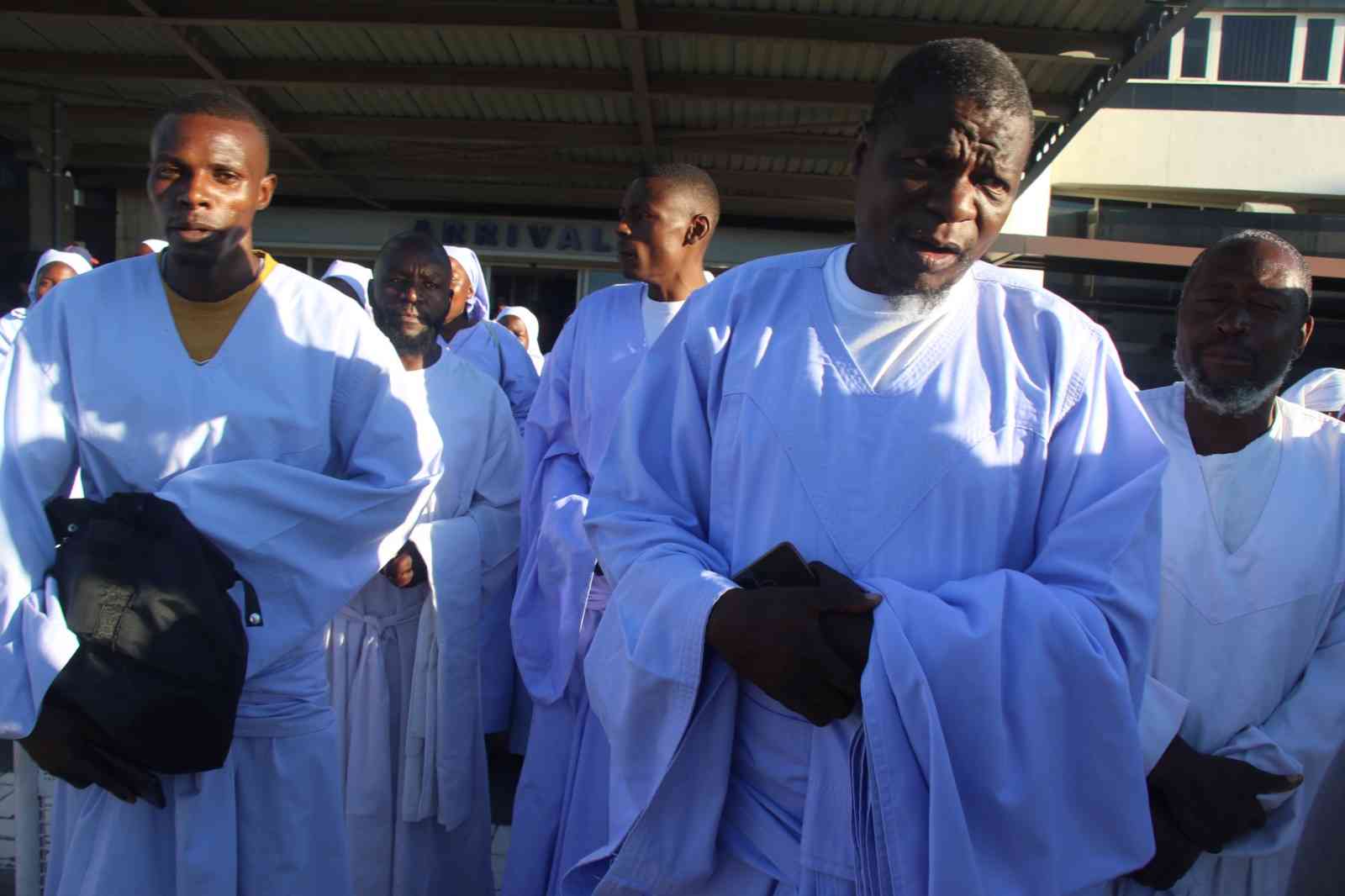
I have forgotten all the ratios that I learnt in my financial aspects of marketing lectures at college, save for the profitability ratios. So even if I was woken up from deep sleep and asked to recite the profitability ratios, I would comfortably do this. You see, at first when I went to university to attain a business degree it was for my parents. That is what they required of me and I gave it to them. It was not without its struggles, but none of them had to do with finances. The finances were “easy income” and there was no hard work involved on my part as far as the finances were concerned.
Stha
My postgraduate education was a lot different because it involved using “hard-earned income” (and I mean it, need I explain why?) to pay fees. I now had no choice, but to know what the return on investment, return on capital employed, return on equity, gross profit margin and net profit margin was about.
Return on investment
Loosely defined, this is the benefit to an investor resulting from an investment of some resource. A high return on investment means that the investment gains compare favourably to the investment cost. In economic terms, it is one way of considering profits in relation to capital invested. This is the reason why investments should be chosen carefully. This is not even peculiar to just business decisions but lest I digress, I will confine this article to those relating to business. As I penned this article, I could not help but think about two brands that have invested in Zimbabwe and these are the Pick ‘n’ Pay and the KFC brand. The KFC brand left Zimbabwe when their return on investment became unfavourable. It no longer made business sense to stick in a country with incredibly high inflation and a shortage of basic commodities, never mind the rule of law. KFC had just returned after Zimbabwe slowly began to stabilise. Pick ‘n’ Pay has also invested heavily in the country. Economics is not my strength and if I am to make any economic comments, I make sure that I run these past Shynet Chivasa, my personal economist. In this instance, however, even without running it past the economist I have my doubts that these brands will fare well with the new monetary policies. I am of the opinion that the United States dollar will fizzle away and we will be left with the bonded money that works only in Zimbabwe. The powers that be will have no choice, but to increase the bonded notes that will be in circulation. In my opinion, we will start using our “own” currency.
When it comes to that, I just wonder how businesses like Pick ‘n’ Pay will restock. I am of the opinion that the proper hard currency will now belong to a few. Economic decisions will once again be decided by the cash barons who could not care less about the bigger picture. My question is, will these brands cope? I have my serious doubts. My other question is, will it be of any concern to anyone except the ordinary — the group that I belong to? I also wonder, is this the time when many brands will die?
I was not going to attempt explaining the other profitability ratios step-by-step. It would cause me to feel just a little bit too vulnerable and bring me under the scrutiny of my teachers, but it is my humble opinion that brand savvy businesses should be busy in their boardrooms now formulating strategies to cope. In this instance, they have a little less than two months. I am disappointed that my children never saw the great brands that I saw when I was growing up in this country. Brands like Woolworths and the great Haddon & Sly in Bulawayo. I doubt my older boy who is 14 years old now knows the Wimpy brand — brands which were altogether very special as I grew up. I know that it’s good to hold our own, but is it not fair to allow the consumer to choose? Who remembers Jaggers and Makro? I mean I know OK Zimbabwe has taken great strides and done well in the area, but can a consumer not have some degree of choice?
- Chamisa under fire over US$120K donation
- Mavhunga puts DeMbare into Chibuku quarterfinals
- Pension funds bet on Cabora Bassa oilfields
- Councils defy govt fire tender directive
Keep Reading
Till next week, keep reading and remain brand savvy.
l Stha Magida is happy to share your thoughts and opinions. Please contact her on [email protected]











